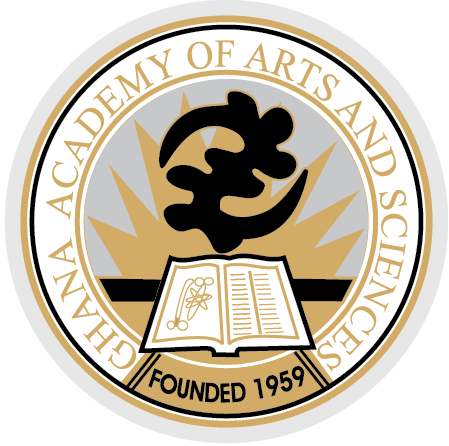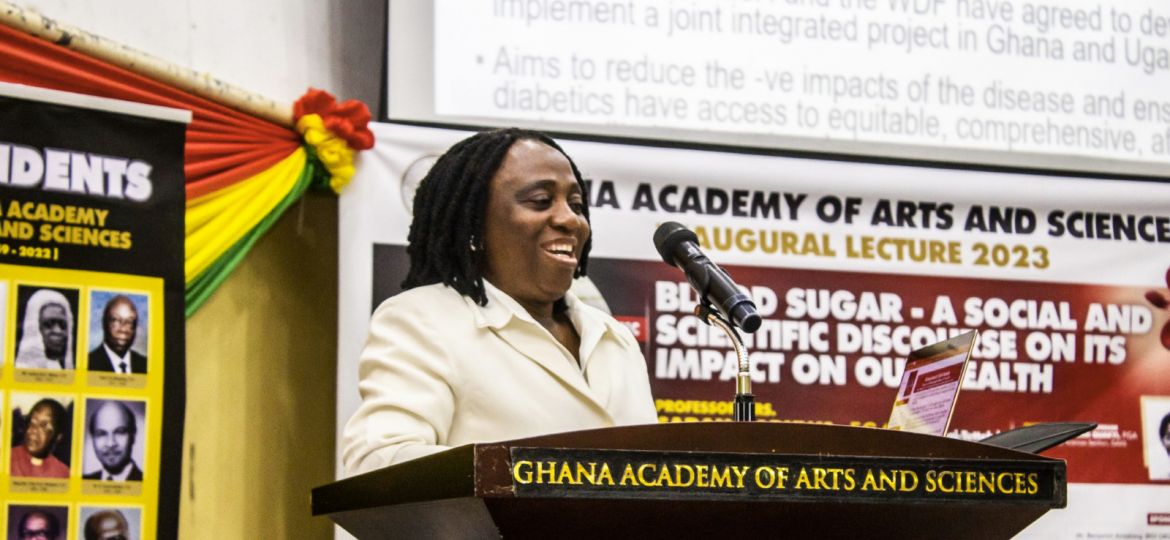The Ghana Academy of Arts and Sciences (GAAS) has successfully concluded its two-year Higher Education Project with an international conference held on November 28-29, 2024, at its Kwame Nkrumah Auditorium in Accra. The project, funded by the Carnegie Corporation of New York with supplementary support from the Bank of Ghana brought together key stakeholders to address the challenges facing higher education in Africa. The theme for the conference was, “Transforming Universities for 21st Century Africa”.
Higher education in Ghana is at a crossroads, requiring strategic reforms to ensure accessibility, financial sustainability, and global competitiveness. Speaking at the Kwame Nkrumah Memorial Lecture during the Ghana Academy of Arts and Sciences (GAAS) Founders’ Week Celebrations on November 13, 2024, Prof. Clifford Nii Boi Tagoe, FGA outlined critical challenges facing the higher education sector. He also proposed forward-looking solutions to strengthen universities as engines of national development.
Rev. Prof. Hans Adu-Dapaah, FGA, has called for the adoption of innovative approaches, including precision agriculture and the circular economy, as vital strategies to address Ghana’s agricultural challenges. Speaking during a two-day symposium, part of the Ghana Academy of Arts and Sciences (GAAS) yearly Founders’ Week celebrations, held on November 13, 2024, Prof. Adu-Dapaah highlighted the potential of these approaches. He emphasized how they could foster sustainable development, ensure food security, and protect the environment.
Mrs. Kobi Hemaa Osisiadan-Bekoe, Director of Corporate Affairs at the Ghana-India Kofi Annan Centre of Excellence in ICT, is urging teachers and parents to support children in responsibly using digital tools. She also stressed the importance of balance, advising children not to depend entirely on AI technologies but to actively develop their critical thinking skills. She was speaking during a two-day symposium organized by the Ghana Academy of Arts and Sciences (GAAS) as part of its annual Founders’ Week Celebrations in Accra on November 14, 2024.
Distinguished legal practitioner Ace Ankomah, FGA, has called for a stronger focus on public awareness and individual caution as the first lines of defense against cyber threats, while also stressing the urgent need for more robust enforcement to secure a safer digital environment. He made this statement during his thought-provoking lecture on cybersecurity, data protection, and governance, delivered as part of the 2024 Founders’ Week Celebrations of the Ghana Academy of Arts and Sciences (GAAS).
The Ghana Academy of Arts and Sciences (GAAS) inducted seven distinguished Ghanaian personalities into Fellowship on Tuesday, 12th November 2024, as part of its Founder’s Week Celebrations, which runs from 12th to 15th November 2024. These individuals were honoured for their outstanding contributions to the fields of Arts and Sciences.
Prof. Regina Appiah-Oppong, FGA, has warned that uncontrolled deforestation and illegal mining threaten Ghana’s potential to generate billions of dollars from medicinal plants for national development. In her inaugural lecture titled “Medicinal Plants: A Rich Natural Resource of Ghana to Be Harnessed for National Development” on October 31, 2024, she described the medicinal plant sector as a gold mine that could provide significant revenue if the right investment and policy directions are applied.
Ghana is unlikely to meet SDG 6 by 2030, particularly targets 6.1 and 6.3 which focus on universal access to safe and affordable drinking water and improving water quality, respectively. Prof. Samuel Agyei-Mensah, FGA, raised this concern during his inaugural lecture on the topic, “Flavours of Spatial Diversity in Drinking Water Access in Ghana,” held on October 17, 2024, at the Ghana Academy of Arts and Sciences (GAAS) in Accra.
In 2023, the Academy held its 3 flagship programmes as follows:
1. The 56th J. B. Danquah Memorial Lectures took place from 20 – 22 February 2023 on the theme “African Politics and the Mystical Realm: Religion and Governance in Ghana” by Rev. Professor J. Kwabena Asamoah-Gyadu, FGA and President of the Trinity Theological Seminary, Legon.
Food and Public Health are inseparable. We talk about food in terms of safe food, healthy food, junk food, unhealthy food, and ultra-processed food. The healthiness of food (or lack thereof) is influenced by multiple factors including food marketing, food fraud, food policy, food politics, food justice, food democracy, and food environments. Of equal importance are the impacts of unhealthy food on human health and planetary health. Such impacts include hunger, and diet-related non-communicable diseases (NCDs) – obesity, hypertension, stroke, ischemic heart disease, and diabetes.











